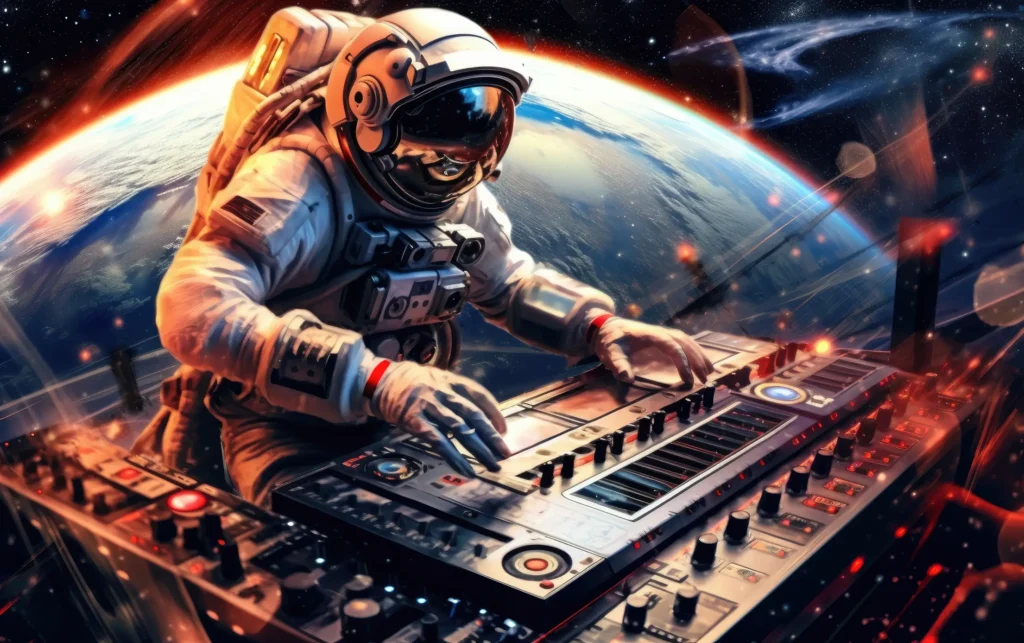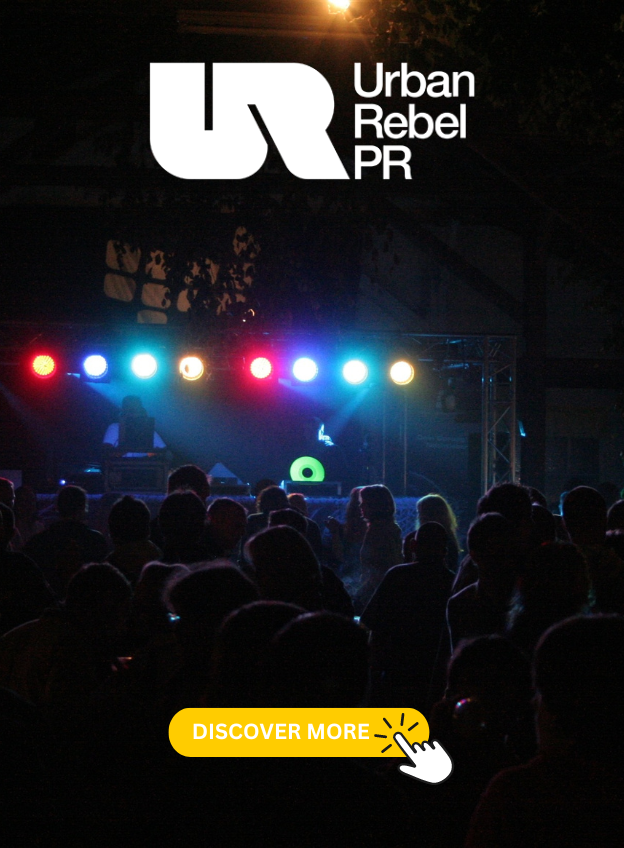The fusion of artificial intelligence (AI) and electronic music is revolutionizing the way producers create and fans experience this dynamic genre.
With AI-driven tools like Amper Music and AIVA, musicians can now compose tracks in minutes, saving hours of tedious manual work. This groundbreaking technology is not only democratizing music production but also pushing creative boundaries.
AI tools are increasingly being used for sound design, allowing producers to experiment with textures and tones that were previously unimaginable. For instance, platforms like Jukedeck enable artists to generate royalty-free music tailored to their specifications. These tools are empowering independent musicians to create professional-grade music without needing expensive equipment or extensive technical knowledge.

In live performances, AI is playing a transformative role. Notable DJs like David Guetta and Richie Hawtin are integrating AI into their sets, using machine learning algorithms to analyze crowd reactions and adapt their playlists in real-time. This ensures a more engaging and personalized experience for audiences. Moreover, AI-powered visualizers are creating stunning audiovisual displays, syncing intricate light shows and animations with the music’s beats and rhythms.
The use of AI in electronic music extends beyond production and performances. It is also reshaping the way music is marketed and consumed. AI algorithms on platforms like Spotify and YouTube analyze user preferences to recommend tracks, creating highly personalized listening experiences. This not only benefits listeners but also helps artists reach their target audiences more effectively.
However, the integration of AI in music raises important questions about authenticity and creativity. Critics argue that relying on AI could lead to homogenized sounds and diminish the human touch that makes music unique. Despite these concerns, the potential benefits of AI in electronic music are undeniable.
For creators and fans alike, the AI wave in electronic music promises limitless possibilities. To stay ahead of the curve, explore AI tools for music production and attend events showcasing this futuristic blend. The marriage of technology and creativity in electronic music is just beginning, and its future looks incredibly exciting.

